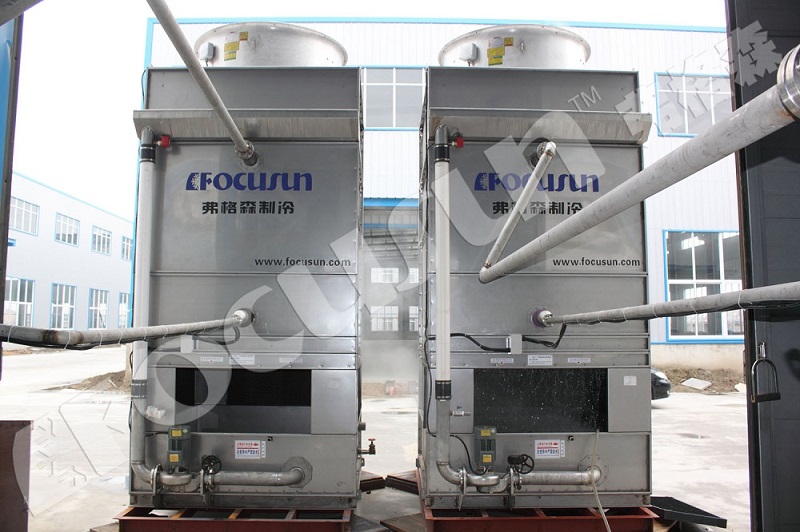30
2017

Condensers 101
Condenser, a device for reducing a gas or vapour to a liquid. Condensers are employed in power plants to condense exhaust steam from turbines and in refrigeration plants to condense refrigerant vapours, such as ammonia and fluorinated hydrocarbons. The petroleum and chemical industries employ condensers for the condensation of hydrocarbons and other chemical vapours. In distilling operations, the device in which the vapour is transformed to a liquid state is called a condenser.
All condensers operate by removing heat from the gas or vapour; once sufficient heat is eliminated, liquefaction occurs. For some applications, all that is necessary is to pass the gas through a long tube (usually arranged in a coil or other compact shape) to permit heat to escape into the surrounding air. A heat-conductive metal, such as copper, is commonly used to transport the vapour. A condenser’s efficiency is often enhanced by attaching fins (i.e., flat sheets of conductive metal) to the tubing to accelerate heat removal. Commonly, such condensers employ fans to force air through the fins and carry the heat away. In many cases, large condensers for industrial applications use water or some other liquid in place of air to achieve heat removal.
Contacts & Support
Focusun Refrigeration CorporationRoom 603, Baohong Center
No. 7755 Zhongchun Rd
Shanghai CHINA
ZipCode: 201100
Tel: +86-21-5108 9946
Fax: +86-21-5227 2259
Email: enquiry@focusun.com
Sales: sales@focusun.com
Marketing: marketing@focusun.com
Press: press@focusun.com
Newsletter: newsletter@focusun.com









